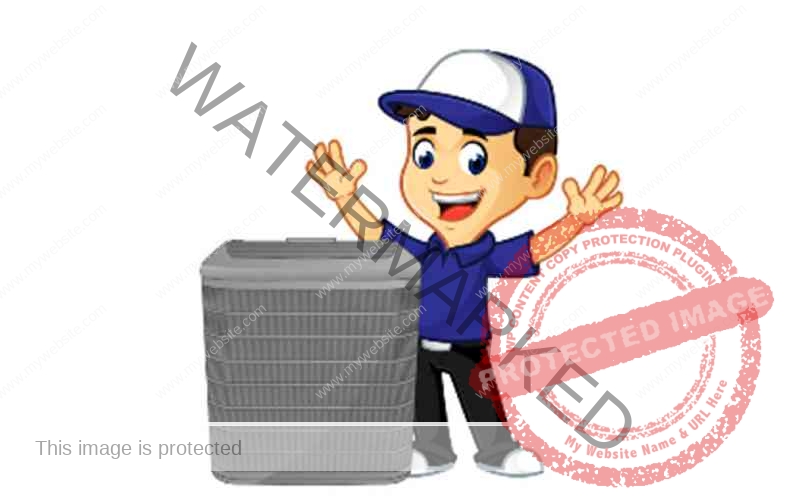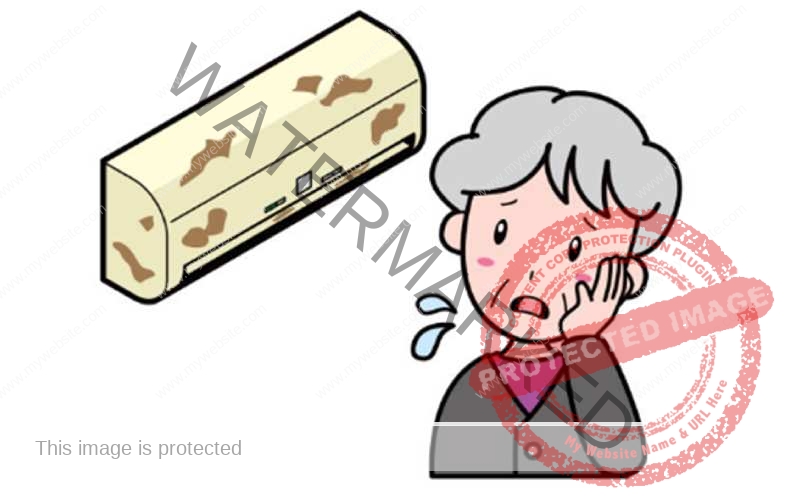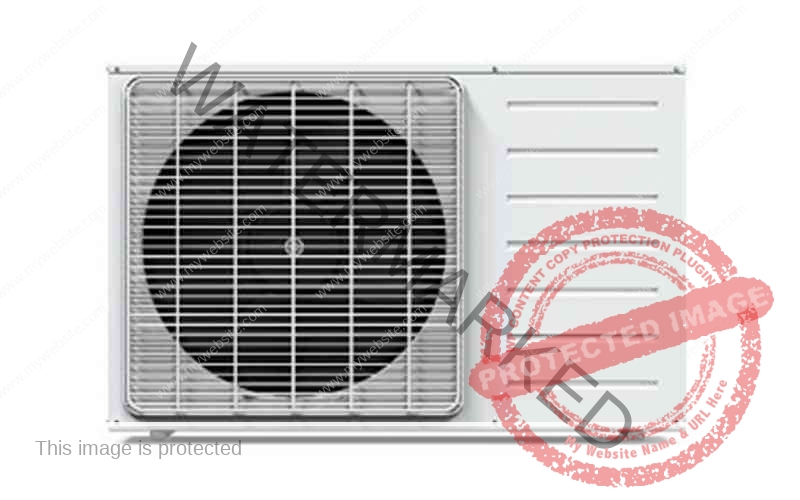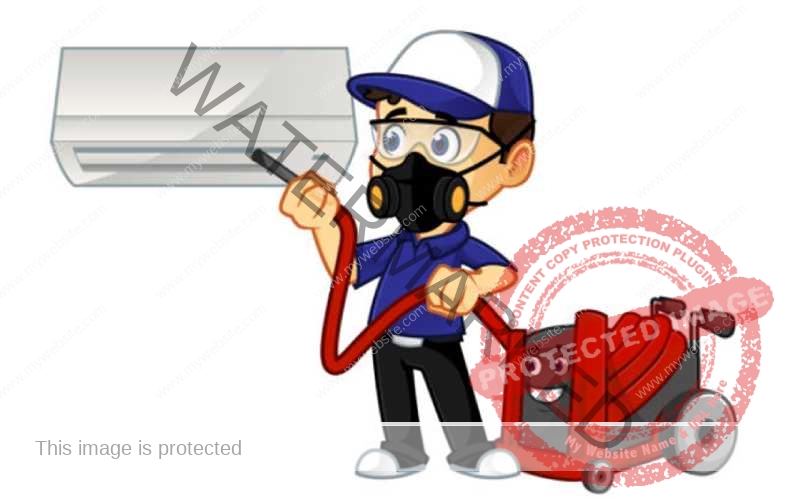
Aircon DIY Servicing
June 3, 2023
Aircon Condenser Cleaning
June 30, 2023
The air conditioning compressor plays an important role in the operation of the air conditioning system. It is responsible for the compression and circulation of the refrigerant, which is essential for the cooling process. Over time, due to wear and tear or other factors, aircon compressors can develop problems that affect the overall performance of the air conditioner. In such cases, replacement of the air conditioner compressor is necessary.
In this article, we will explore various aspects of air conditioning compressor replacement, including replacement cost, the life of the air conditioner compressor and more. We shall discuss on the types of compressor repairs, common compressor problems, replacement of compressor parts and air conditioner maintenance.
Air conditioner compressor replacement costs
The cost of replacing an air conditioner compressor can vary depending on several factors, including the brand and model of the air conditioner, the type of compressor, and the complexity of the installation process. On average, the cost of replacing an air conditioner compressor in Singapore can range from SGD 800 to SGD 1500. However, it should be noted that these numbers are estimates only and actual costs may vary depending on the specific circumstances and pricing policies of different service providers.
The decision whether to replace the air conditioning compressor depends on a number of factors, including the age of the system, the extent of damage, and the general condition of the air conditioning unit. Here are some considerations to help you determine if it's worth replacing the compressor:
a) Age of the AC system: If the AC unit is relatively new and the compressor is the only major problem, it may be worth replacing the compressor. This allows you to extend the life of your air conditioner and avoid the cost of buying a new aircon unit.
b) Replacement cost versus a new unit: Compare the cost of replacing a compressor with the price of a new air conditioning unit. If replacement costs are significantly lower, then replacing the compressor can be more cost-effective than investing in a new aircon system.
c) Condition of other components: Assess the condition of other parts of the A/C system. If the compressor fails due to long-term wear and tear, other components may also be nearing the end of their life. In such cases, it may be safer to replace the entire aircon compressor.
d) Energy Efficiency: Consider the energy efficiency of your existing air conditioning system. Newer models are generally more energy efficient and replacing the compressor may not provide the same energy savings as upgrading to a newer aircon unit. You should consult a professional air conditioning service company to assess the condition of your air conditioning system and get aircon expert advice on whether replacing the compressor is a viable option or not.
Air conditioner compressor’s life span
The lifespan of an air conditioner compressor can vary depending on a number of factors, including compressor quality, usage, maintenance practices, and environmental conditions. On average, an air conditioner compressor has a lifespan of 10 to 15 years. However, proper maintenance, regular maintenance and timely repairs can help prolong the life of a compressor.
Air conditioner compressor repairs
When repairing an air conditioner compressor, different methods can be taken depending on the specific problem and the severity of the damage. Some common types of A/C compressor repairs include:
a) Compressor cleaning: In some cases, compressor performance can be reduced due to dirt, debris or dust build-up. Thorough cleaning of the compressor can help restore its function.
b) Replace electrical components: If the compressor has any electrical problems, such as faulty capacitors or relays, replacing these parts may solve the problem of malfunctions and restore compressor operation.
c) Repair refrigerant leaks: Refrigerant leaks can damage the compressor. Repairing leaks and refilling refrigerant can help restore compressor function.
d) Replace the compressor motor: If the compressor motor fails, it may be necessary to replace the motor to ensure proper operation of the compressor.
e) Replace the valves: Defective valves in the compressor can affect its performance. Replacing these valves can correct the problem and restore the compressor to optimal operation. The type of repair required will depend on the specific problem diagnosed by a professional aircontechnician during the inspection.
Air conditioner compressor common problems
Some common problems that can occur with A/C compressors include:
a) Compressor failure: Occurs when the compressor stops working completely resulting in a complete loss of cooling capacity.
b) Insufficient cooling: The compressor may have difficulty cooling sufficiently, resulting in lower efficiency and higher internal temperatures.
c) Noisy operation: Unusual aircon noises, such as grinding or rattling, may indicate compressor problems, such as worn bearings or loose parts.
d) Frequent Cycles: The compressor may turn on and off frequently, known as short cycles, which can indicate underlying problems such as electrical problems or refrigerant leaks.
e) Overheating: Compressor overheating can occur for a variety of reasons, such as dirty coils, low refrigerant levels, or electrical problems. Identifying and fixing these problems quickly is essential to prevent further damage and maintain the efficiency of the air conditioning system. When replacing an air conditioner compressor, it is important to ensure that the necessary aircon parts are replaced or repaired for the aircon unit to function smoothly.
Some common parts that may require replacement when replacing a compressor include:
a) Compressor motor: The motor is the heart of the compressor and may need to be replaced if damaged or faulty.
b) Capacitors and Relays: Defective capacitors or relays can cause compressor problems and may need to be replaced for optimal performance.
c) Valves: Faulty valves can affect refrigerant flow and compressor efficiency. Replacing these valves may be required when replacing the compressor.
d) Electrical Connection: Proper electrical connection is critical to compressor operation. When replacing the compressor, it may be necessary to replace damaged or worn electrical connections.
Air conditioner compressor and how does it work
The air conditioning compressor is an essential part of the air conditioning system responsible for the cooling process. It is usually located in the outdoor unit of the air conditioning system. The main function of the compressor is to compress the refrigerant gas, increasing its temperature and pressure. The compressor operates on a cycle called the refrigeration cycle. Here's a simplified overview of how it works:
a) Compression: The compressor receives low-pressure, low-temperature refrigerant gas from the evaporator. It compresses the gas, reducing the volume and increasing the temperature and pressure.
b) Condenser: Then high-pressure, high-temperature refrigerant gas flows through the condenser, where it releases heat to the environment. As a result, the gas condenses into a liquid at high pressure.
c) Expansion: The high-pressure liquid refrigerant passes through the expansion valve, where its pressure drops causing it to become a low-pressure liquid.
d) Evaporation: Low-pressure liquid refrigerant enters the evaporator, where it absorbs heat from the surrounding air and cools it. The refrigerant again evaporates into a low-pressure gas.
e) Repeat: The cycle continues as the low-pressure gas returns to the compressor to be compressed again. The role of the compressor is very important in maintaining the circulation of the refrigerant and facilitating the heat exchange process leads to cooling of the interior space.
Replacing an air conditioner compressor is a big decision that requires careful consideration of various factors such as cost, system life, and general condition. Although the cost of replacing an air conditioner compressor can vary, it is important to weigh the cost against the benefits and potential savings. With proper maintenance and timely repair, an air conditioner compressor can last an average of 10 to 15 years. Common problems with air conditioning compressors include compressor failure, insufficient cooling, noisy operation, frequent rotation, and overheating. Identifying and addressing these issues early can help prevent further damage and ensure optimal performance. When replacing an air conditioner compressor, it is important to ensure that the necessary parts are replaced or repaired to ensure proper operation of the unit. Components such as the compressor motor, capacitors, relays, valves and electrical connections may need to be replaced during this process. Understanding the role and operation of the air conditioning compressor is essential to properly appreciate its importance in the refrigeration process. The main function of the compressor is to compress the refrigerant, increasing its temperature and pressure, and at the same time facilitating the heat exchange required for cooling. Finally, you should consult a professional air conditioning service company to assess the condition of your air conditioning system, provide expert advice on whether to replace the compressor, and ensure that your cooling system works at its best, delivering optimal performance and cooling efficiency.



